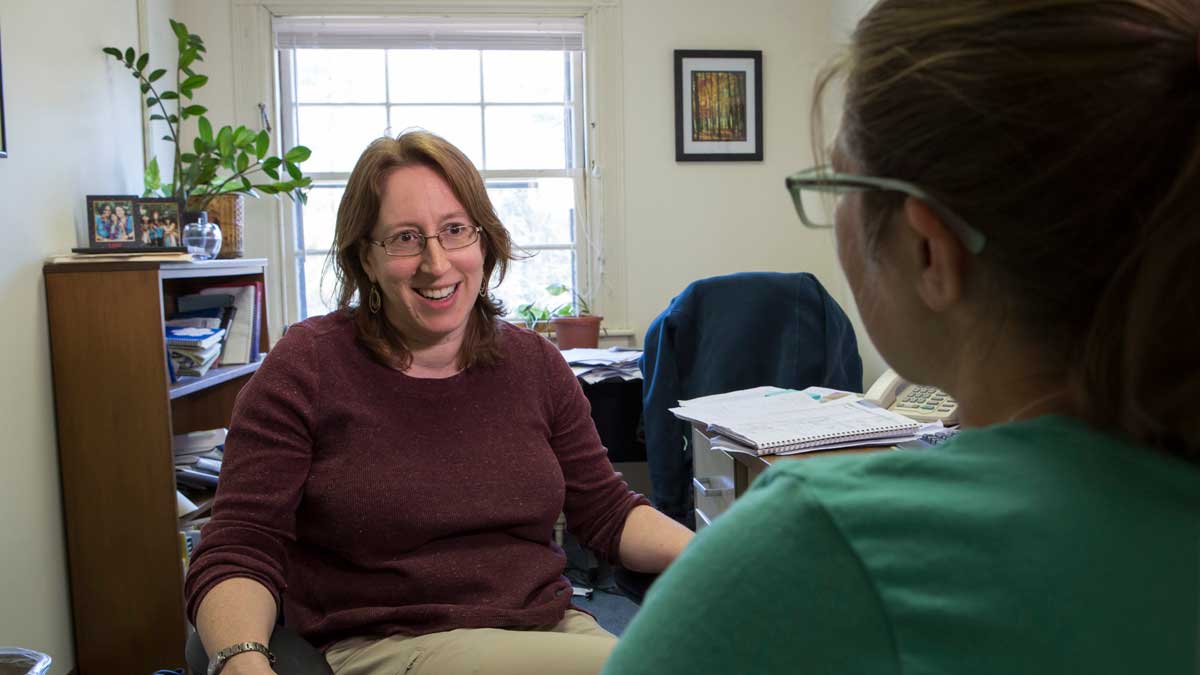Overview:
This study addressed the potential of maternal and paternal parenting processes to reduce the high risk of early sex and teen pregnancy for the offspring of teen parents. It used the first three waves of the National Longitudinal Study of Adolescent to Adult Health (Add Health) data to investigate whether protective effects of maternal and paternal parenting on adolescents’ and emerging adults’ sexual health extend to teen-parent families. It also assessed variations in parenting processes within teen-parent families and their associations with sexual behaviors.
Project Goal:
This aim of this work was to provide recommendations for how pediatricians and other health care providers can support the offspring of teen parents in order to combat the costs of intergenerational early sex and teen pregnancy for this at-risk group.
Findings
Part of this study investigated the role fathers play in regard to their children's sexual risk behavior, which filled a gap in knowledge, as previous studies focused on the role of mothers. Focusing on residential fathers (those who live in the same home as their children), the researchers examined whether and how those fathers’ parenting behaviors — including communication, disapproval of teen sex, parental presence, and closeness — related to sexual risk behaviors reported by their children as young adults. They also studied whether these associations differed depending on the children’s gender or whether the child’s mother was a teen parent.
Adolescents who perceived that their fathers disapproved of teen sex were more likely to make safer choices about sex as young adults, the researchers found. This suggests that fathers’ attitudes about delaying sex are protective for male and female young adults’ sexual health. Prior research found that mothers’ disapproval of teen sex had similar effects, which suggests that talking with teens about sex is an important task for both mothers and fathers. Though children of teen mothers have a higher likelihood of risky sexual behavior as adults, this study found no differences between children of teen mothers and children of adult mothers when it comes to the impact of fathers’ parenting.



